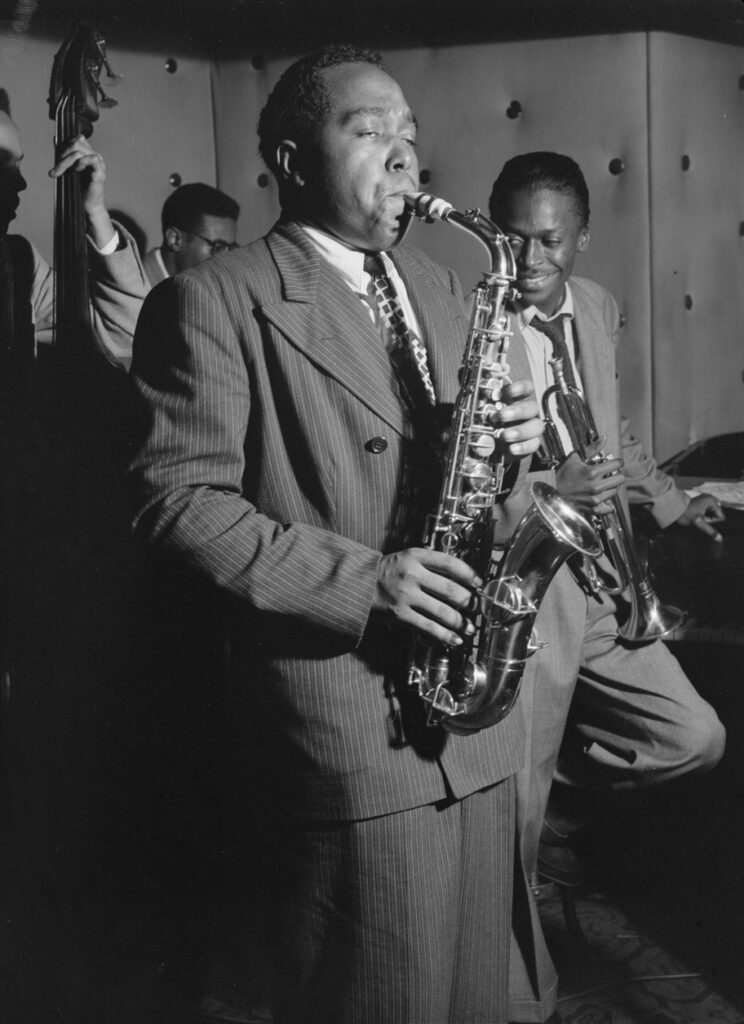Introduction:
Charlie Parker, commonly known as “Bird,” was a pioneering figure in the world of jazz, leaving an indelible mark on the genre. Born on August 29, 1920, in Kansas City, Kansas, Parker’s life was a tumultuous journey of musical genius, personal struggles, and a legacy that would forever change the landscape of jazz.
Early Life and Musical Beginnings:
Growing up in a family with a strong musical influence, Parker showed an early aptitude for music. He started playing the saxophone at the age of 11, initially on the alto sax. His hometown, Kansas City, was a hotbed of jazz activity during the 1930s, exposing the young musician to the vibrant and diverse sounds of the genre.
The Influence of Kansas City:
Parker’s formative years in Kansas City proved to be crucial in shaping his musical identity. He soaked in the rich traditions of the Kansas City jazz scene, where he had the opportunity to witness and play alongside luminaries such as Count Basie and Lester Young. These experiences laid the groundwork for his innovative approach to improvisation and composition.
The Bebop Revolution:
Charlie Parker’s revolutionary impact on jazz came to fruition during the bebop era. Alongside trumpeter Dizzy Gillespie, he spearheaded a movement that sought to break free from the constraints of swing music. Bebop was characterized by intricate harmonies, fast tempos, and complex melodies, providing musicians with a new platform for improvisation.
The Legendary Dial Sessions:
Parker’s groundbreaking recordings with the Dial label in the 1940s solidified his status as a jazz icon. Tracks like “Ko-Ko,” “Now’s the Time,” and “Yardbird Suite” showcased his virtuosity and innovative use of chord progressions. His collaborations with fellow jazz luminaries, including Miles Davis and Max Roach, further elevated his stature in the jazz community.
Personal Struggles:
Despite his musical genius, Parker battled personal demons throughout his life. Substance abuse and a turbulent lifestyle took a toll on his health and career. His struggles with addiction were well-documented, and they ultimately contributed to his untimely demise.
Legacy and Influence:
Charlie Parker’s legacy extends far beyond his tragically short life. His contributions to jazz composition and improvisation continue to inspire generations of musicians. The bebop movement he co-created laid the foundation for the evolution of jazz, influencing subsequent genres like cool jazz, hard bop, and beyond.
Conclusion:
Charlie Parker’s story is one of triumph and tragedy, a narrative that reflects the complexity of a musical genius. His enduring impact on jazz and the broader world of music solidifies his place in history as one of the most influential and innovative figures in the genre. The Bird’s spirit lives on through his recordings and the countless musicians who have been inspired by his groundbreaking contributions to the world of jazz.


No responses yet